The Obama administration efforts to reach an agreement with Saudi Arabia on transferring civil nuclear technology faltered over the Kingdom’s refusal to accept a legally binding commitment to forgo uranium enrichment and plutonium reprocessing, which could be used to produce fuel for nuclear weapons. Contrary to Saudi Arabia, the United Arab Emirates made a commitment to forgo uranium enrichment and plutonium reprocessing in its 2009 agreement.
Now Saudi Arabia is negotiating a new nuclear agreement with the Trump administration, but there are questions about what limits the White House would set, and the Saudis would accept, as part of the agreement the two sides are about to start negotiating.
The United States insistence on strict conditions may force the Saudis to buy from Russia or China instead of the US.
However, a failure to incorporate crucial restrictions in any possible nuclear deal can cause Saudis to repurpose the civil technology for nuclear weapons.
To shed more light on the issue we reached out to Cindy Vestergaard, the Director of Stimson’s Nuclear Safeguards Program, and Jackie Kempfer, a Research Associate with the Nuclear Security program at the same center.
Following is the full text of the interview with them:
After few years, US administration announced its will to negotiate a nuclear agreement with Riyadh. Why is the US convinced to restart nuclear negotiation with Saudi Arabia?
It is all about timing. Riyadh plans to sign a deal by the end of 2018 with winning developers for its first two nuclear power reactors. US based Westinghouse has entered the competition, along with companies in Russia, China, and South Korea.
The Kingdom wants to have uranium enrichment and plutonium reprocessing facilities. Will the US accommodate Riyadh in these issues?
The United States will want a nuclear cooperation agreement with Saudi Arabia, including the ‘gold standard’ (which includes a commitment to not pursue enrichment or reprocessing abilities). If the US accommodates Riyadh, the US may consider timelines similar to the JCPOA’s phased implementation of limiting and monitoring the number of centrifuges and enrichment material in country, including monitoring of the production of uranium ore concentrates. It should be underscored however that these monitoring timelines are specific to Iran and the JCPOA.
Some argue that if the US does not meet Saudi Arabia’s demands regarding its nuclear program, Russia and China may do it and this can lead to weakening of the US nuclear influence in the region. What do you think of this?
The biggest competition to the US is actually South Korea. It has the strongest history of successfully operating nuclear exports. If South Korea wins the bid for Saudi Arabia’s nuclear power project, the US will still pursue a 123 agreement with Riyadh, as they did with the UAE when the Korea Electric Power Corporation signed a deal to build their plants.
Which model for Saudi’s nuclear plan is likely? The JCPOA or the US agreement with the United Arab Emirates?
Other than potentially adding timelines similar to the JCPOA, the JCPOA is an entirely different arrangement than bilateral nuclear cooperation agreements. The JCPOA is a multilateral agreement between Iran, Germany, the European Union and the P5 (China, France, Russia, the United Kingdom and the United States). It took 12 years of negotiations. It was endorsed by UN Security Council Resolution 2231 in July 2015 and is verified by the International Atomic Energy Agency (IAEA). Conversely, bilateral nuclear cooperation agreements (known as ‘123 Agreements’ in the United States) are agreements negotiated between two states to frame trade in nuclear materials and technology. They are bilateral – not multilateral – and generally not verified by the IAEA (unless requested by parties involved to apply ‘item-specific’ safeguards to items subject to the cooperation agreement, not the country as a whole).
Interview by Payman Yazdani


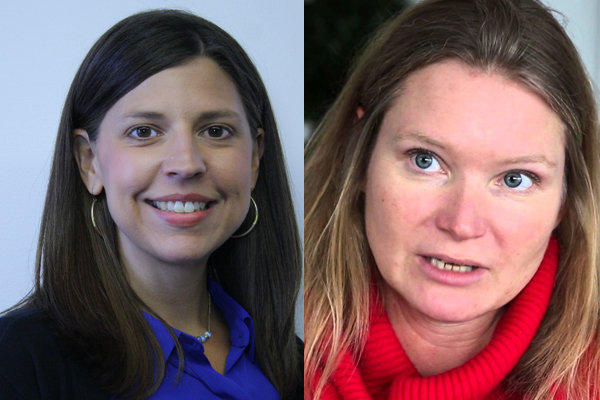





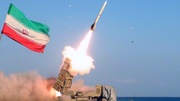
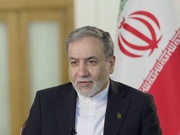
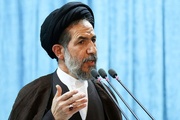










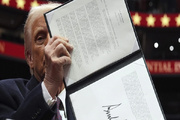

Your Comment